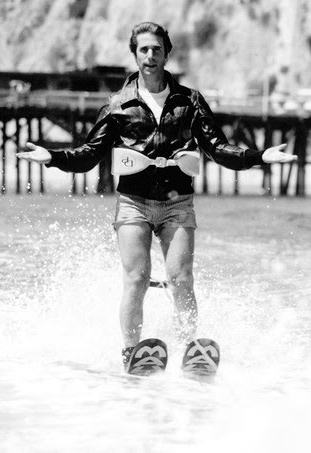After-school risk shows cost of coolness
 Science has added some data to the observable trend that coolness in high school does not last.
Science has added some data to the observable trend that coolness in high school does not last.
A study in the US has investigated the phenomenon of being ‘cool’ among teenagers, and gathered evidence on the perception that the coolest kids in school tend to peak early on.
Research has shown that teenagers who ‘act cool’ in early adolescence were more likely to experience a range of problems in early adulthood than those who did not.
‘Acting cool’ was defined as being romantically involved, engaged in delinquent activity, and placing a premium on hanging out with physically attractive peers. These are referred to as ‘pseudomature’ behaviours.
Cool teens have been idolised - from James Dean in Rebel Without a Cause to any of the interchangeable faces in One Direction – but seeking popularity and attention by acting cool may not yield the expected benefits in the long run.
Researchers followed 184 American teenagers from 13 years old to age 23, collecting information from the teens themselves as well as from their peers and parents.
All subjects attended public school in suburban and urban areas in the south-eastern United States and were from racially and ethnically diverse backgrounds.
The study found those who partook in the previously defined ‘cool’ behaviours were thought to be popular by their peers at age 13.
Over time, this sentiment faded.
By 22, those once-cool teens were rated by their peers as being less competent in managing social relationships. They were also more likely to have had significant problems with alcohol and drugs, and to have engaged in criminal activities, according to the study.
“It appears that while so-called cool teens' behaviour might have been linked to early popularity, over time, these teens needed more and more extreme behaviours to try to appear cool, at least to a subgroup of other teens,” says Joseph P. Allen, Professor of Psychology at the University of Virginia, who led the study.
“So they became involved in more serious criminal behaviour and alcohol and drug use as adolescence progressed. These previously cool teens appeared less competent - socially and otherwise - than their less cool peers by the time they reached young adulthood.”
The study is called; What Ever Happened to the “Cool” Kids? Long-Term Sequelae of Early Adolescent Pseudomature Behavior.







 Print
Print